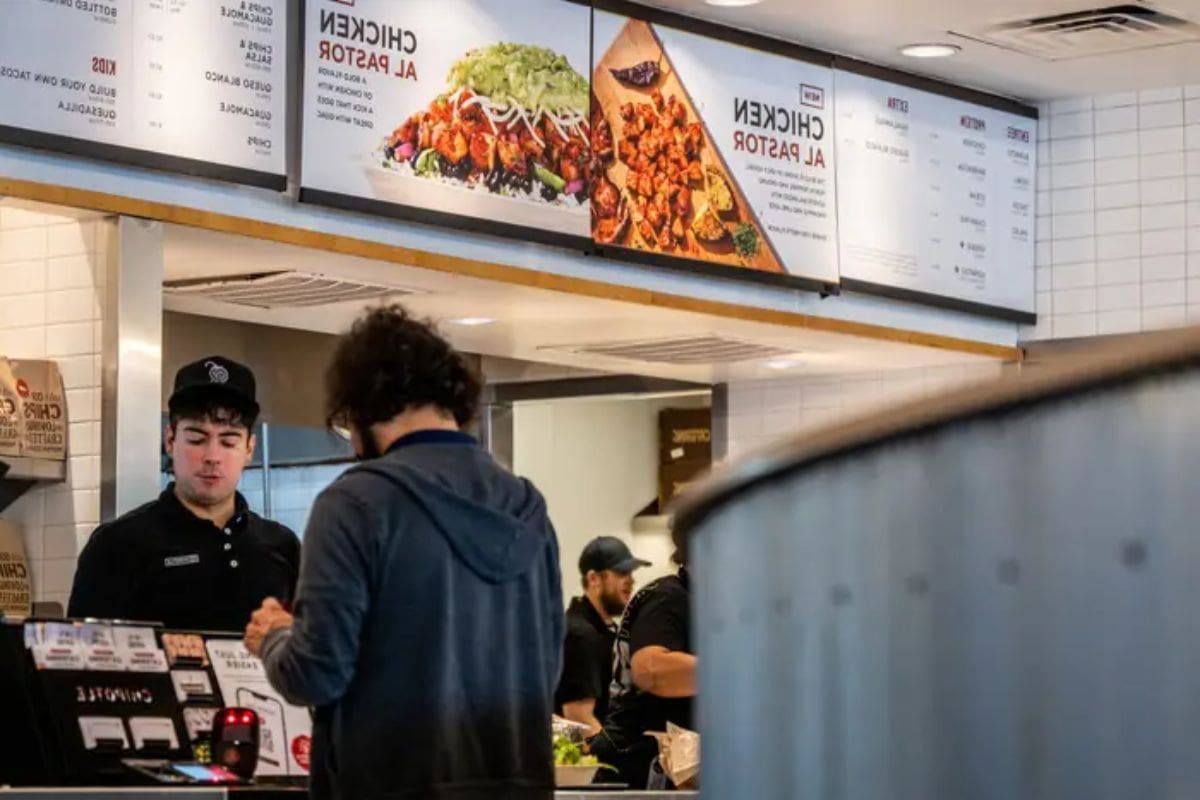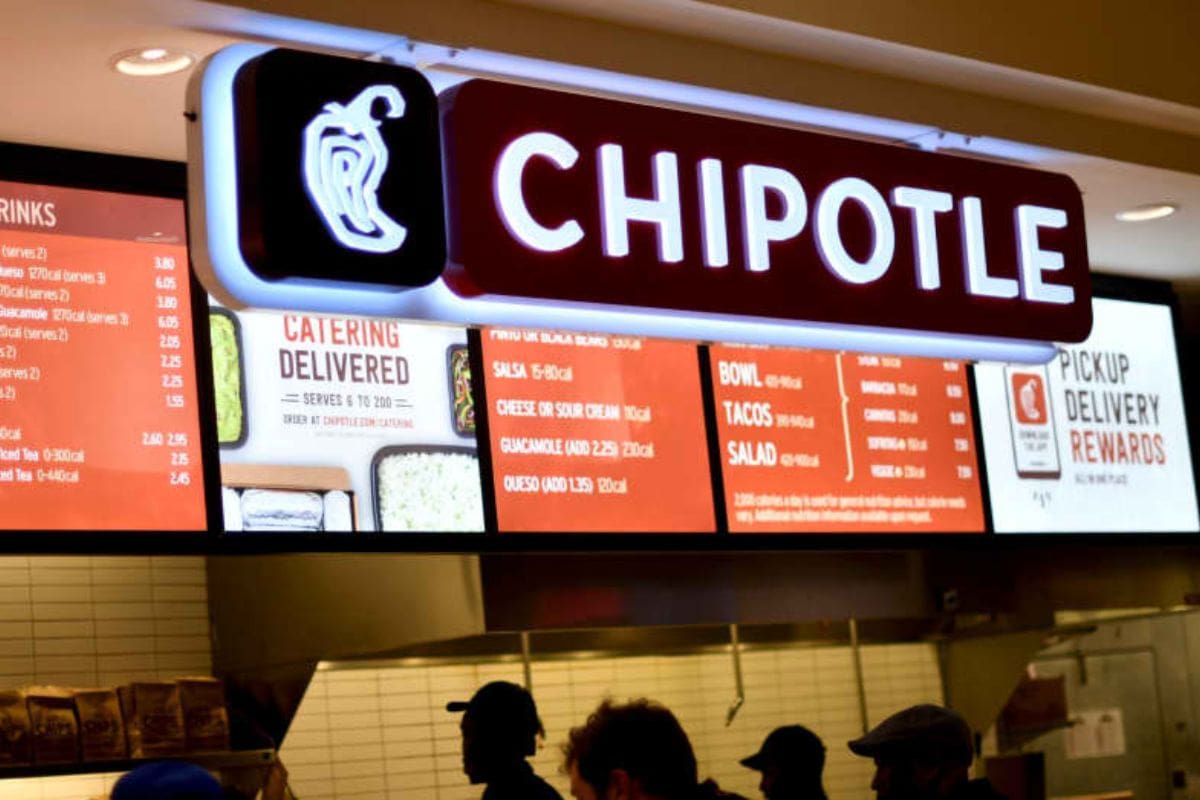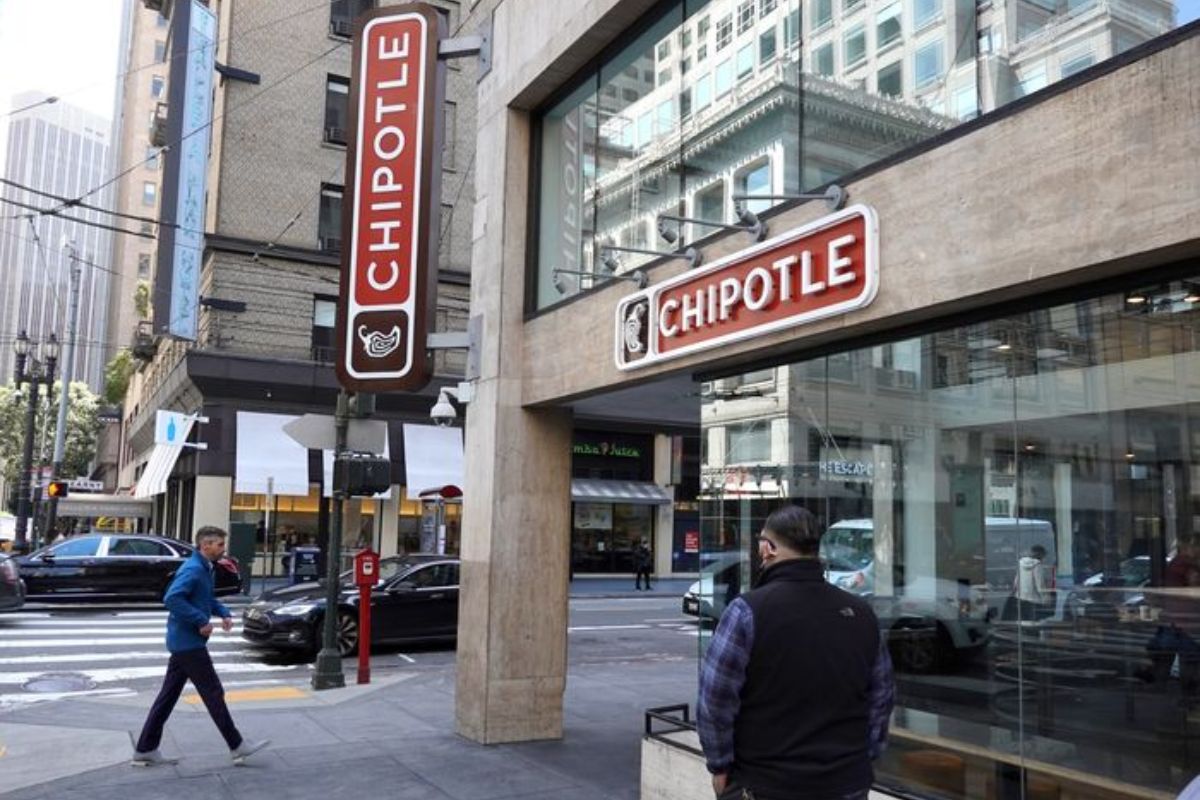Chipotle Warns of Price Hike: Chipotle, the popular fast-casual Mexican chain, has recently issued a warning that prices for its beloved California burritos may soon increase for customers in the state. This announcement comes as a result of California’s minimum wage legislation, which has put pressure on businesses to adjust their pricing strategies.
As Chipotle grapples with the impact of rising labor costs, it faces a crucial dilemma: how to balance fair wages for its employees while also keeping its menu prices affordable for its loyal customer base. In a fast-food industry that is grappling with similar challenges, Chipotle’s response to these wage pressures will undoubtedly be closely watched.
As the company navigates its labor and cost dynamics, customers are left wondering how this might affect their favorite burrito options and whether they will be willing to pay the higher prices.
Key Takeaways
- California’s minimum wage legislation will raise labor costs for Chipotle, necessitating a reevaluation of its pricing strategy.
- Chipotle is considering a mid-single-digit percentage increase in menu prices to cover the higher wages.
- Customer loyalty and demand may be impacted by price hikes, making it crucial for Chipotle to find the right balance between covering costs and maintaining customer satisfaction.
- The fast-food industry as a whole is grappling with rising wages and exploring innovative solutions such as automation and streamlining operations to manage labor expenses effectively.
Wage Law Impact on Chipotle’s Pricing Strategy
The implementation of California’s new wage law for fast-food workers is poised to have a significant impact on Chipotle’s pricing strategy, prompting executives to consider adjustments in menu prices. With minimum wages set to rise to $20 an hour in April, the chain faces a substantial increase in labor costs.
Chipotle’s Chief Financial and Administrative Officer, Jack Hartung, emphasized the necessity of addressing the approximately 20% increase in wages, highlighting the potential impact on the company’s financial landscape. This wage law will force Chipotle to reevaluate its pricing strategy to maintain profitability while also meeting the increased labor costs.
The company will need to strike a delicate balance between passing on the increased costs to customers and avoiding potential backlash. Consequently, Californian customers can anticipate a price hike for their beloved burritos in the near future.

Also Read: Magic Mushrooms California Reconsiders Psychedelic Therapy
California’s Minimum Wage Legislation
California’s minimum wage legislation, signed into law by Governor Gavin Newsom aims to raise the minimum wage for fast-food workers to $20 an hour by April. This legislation, known as AB 1228, not only mandates an immediate wage increase but also establishes a mechanism allowing the fast-food council to adjust wages annually based on inflation, potentially up to 3.5%.
The state’s move follows an earlier increase from $15.50 to $16 on January 1, with variations in rates across cities and counties.
- The legislation is intended to provide fast-food workers with a higher standard of living.
- It seeks to address income inequality and improve the welfare of workers in the industry.
- The wage increase is expected to benefit approximately 750,000 workers in California.
- The annual adjustment for inflation ensures that wages keep up with the rising cost of living.
- The legislation reflects California’s commitment to progressive labor policies and fair wages.
Chipotle’s Pricing Dilemma
Chipotle faces a challenging decision on how to navigate the impending increase in labor costs in California. With the state’s minimum wage set to rise, the company is considering a mid-single-digit percentage increase in menu prices. This move aims to cover the higher wages while maintaining profit margins. However, Chipotle must carefully assess consumer sentiment, industry trends, and competitor responses before finalizing any pricing decisions. The table below summarizes the factors influencing Chipotle’s pricing dilemma:
| Factors to Consider | Implications |
|---|---|
| Labor costs | Chipotle needs to find a way to absorb or pass on the increased expenses to customers. |
| Consumer sentiment | The company must gauge how price hikes will impact customer loyalty and demand. |
| Industry trends | Chipotle should monitor how competitors react to the rising labor costs and adjust its strategies accordingly. |
Finding the right balance between covering costs and maintaining customer satisfaction will be crucial for Chipotle’s pricing strategy in California.
Fast-Food Industry Response to Wage Challenges
The fast-food industry is grappling with the challenges posed by rising wages as it seeks innovative solutions to mitigate the impact on labor costs.
In response to California’s wage legislation, both Chipotle and McDonald’s have warned of impending price hikes for their customers.
To combat rising labor costs, the industry is exploring technological solutions and automation. Chipotle, for example, is actively developing robots to automate tasks such as avocado preparation and burrito bowl assembly. This move towards automation aims to enhance efficiency and reduce dependency on human labor.
In addition to automation, fast-food chains are also considering other strategies, such as streamlining operations and optimizing workflows, to help manage labor expenses effectively.
Ultimately, the industry is seeking ways to balance the rising costs of labor while providing quality food and service to its customers.

Chipotle’s Labor and Cost Dynamics
In light of the company’s financial data, it becomes evident that labor costs have a substantial impact on Chipotle’s overall expenditure.
In 2023, Chipotle spent $2.44 billion on labor expenses, which represented an 11% increase from the previous year. This amount is comparable to the $2.91 billion spent on food, beverage, and packaging costs during the same period, illustrating the significant financial commitment to human resources in relation to the company’s total spending.
These figures highlight the importance of managing labor costs effectively for Chipotle, as they directly contribute to the company’s bottom line.
As Chipotle faces the challenge of rising labor costs, finding ways to optimize efficiency and productivity in its workforce will be crucial to maintaining profitability.
Conclusion Of Chipotle Warns of Price Hike
Chipotle’s pricing strategy in California is being impacted by the state’s minimum wage legislation. The company is warning customers of potential price hikes for its burritos as it grapples with labor and cost dynamics.
This dilemma is not unique to Chipotle, as the fast-food industry as a whole is facing challenges in response to increased wages.
As California continues to raise its minimum wage, it remains to be seen how companies like Chipotle will navigate these pricing dilemmas.
Our Reader’s Queries
Will Chipotle raise prices in California?
Chipotle’s Chief Financial Officer, Jack Hartung, stated in the Wall Street Journal that a price increase is imminent for everyone. The California-headquartered company anticipates a price hike ranging from approximately 5% to 9% at its Golden State restaurants to offset the rising costs.
How much do you get paid at Chipotle in California?
ZipRecruiter reports a salary spectrum for Chipotle Mexican Grill in California, with figures reaching as high as $19.45 and as low as $8.78. The predominant range for Chipotle Mexican Grill salaries in California falls between $12.12 at the 25th percentile and $15.19 at the 75th percentile.
Why did Chipotle go up in price?
Chipotle’s Chief Corporate Affairs Officer, Laurie Schalow, has linked the upcoming adjustment in prices to economic conditions, specifically pointing to inflation as the driving factor. In an emailed statement, Schalow remarked, “For the first time in over a year, we will be taking a modest price increase to offset inflation.
What is the highest paid Chipotle worker?
In Chipotle, the position with the highest annual salary is General Counsel, earning $245,031, while the lowest-paid role is Receptionist, with an annual salary of $37,751. The average salaries by department at Chipotle are as follows: Design at $96,036, Product at $197,129, Business Development at $140,159, and IT at $118,107. Notably, half of the salaries at Chipotle exceed $135,640.

